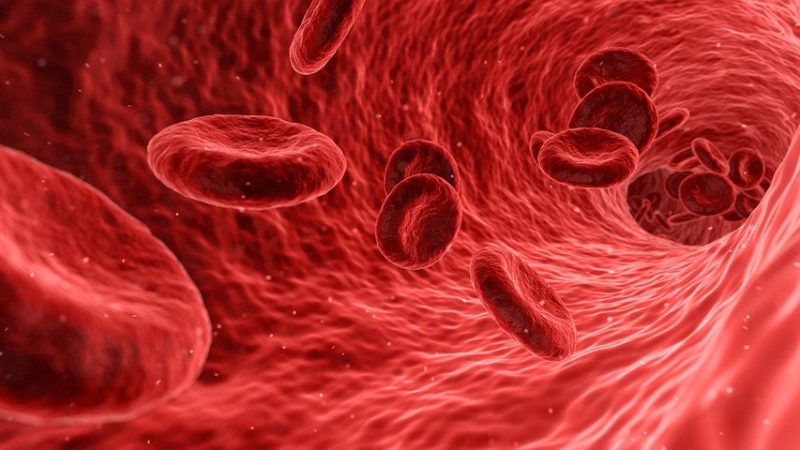Biosensors may soon facilitate the analysis of a patient’s entire red blood cell antigen repertoire. In the form of diagnostic test strips, they could make the analysis swift and location-independent. This could have enormous potential not only in medical diagnosis, but also for environmental analysis if extended to other analytes.
The surfaces of our red blood cells are coated in blood group antigens. These coatings are made from sugar molecules that differ from each other and define a total of 35 blood group systems. The best known of these are the blood groups A, B, AB and 0 and also the Rhesus system. The blood group antigens have an important property that is suggested by their name: Antibodies can be formed against them. This is particularly important for blood transfusions, where it is vital that the blood groups of the blood donor and the recipient are compatible. If donor and recipient blood are incompatible, serious transfusion reactions or an immune response can occur. Blood clotting due to incompatible blood groups can be fatal for the patient. The precise determination of the blood group is thus of critical importance. Until now, tests for the AB0 group system, Rhesus factor and antibody screening tests including cross-matching blood group determination have been necessary. Routine analyses can be handled in an inexpensive, fast and safe manner using classic serological tests. However, the analysis is much more complicated when individual blood group characteristics are determined: These include family relationships, congenital variants in blood group properties or clinical symptoms with Rhesus incompatibility. In these cases, serological tests are inadequate. An examination for the rarer antibodies, for example, can be like the proverbial search for a needle in a haystack since more than 100 million potential variants are involved. Molecular-biological methods such as DNA analyses have proved to be very promising in this regard. Nevertheless until now, these genotyping methods have a number of disadvantages. They are expensive and time-consuming, and they are offered only by specialized labs.